The Attendance and Reengagement Program believes that youth who are engaged in their community and with positive, supportive adults will do better in school overall.
About
Clark and Cowlitz Attendance and Reengagement Program
The Attendance and Reengagement Program, formerly known as the Truancy Project, focuses on helping students solve truancy issues by connecting them and their families to community and school district resources. These resources help improve ongoing attendance issues in order to avoid the more punitive truancy court process.
The largest predictor of dropping out of high school is early truancy. For a number of students, it is not academic pressures or issues that keep them from attending school, but rather, life issues. The Attendance and Reengagement team assist in helping students deal with wide-ranging family issues, physical or mental health concerns, addiction, or lack of stability. The team also looks for the best academic fit for the student to ensure the best possible success.
The Attendance and Reengagement Program relies on several partners for its success. The Clark County Juvenile Justice and the Cowlitz County Juvenile Justice Center play a major role through financial and judicial support, and their partnership and support is critical to keeping local youth in school and out of trouble.
All school districts in Clark and Cowlitz Counties participate in the Attendance and Reengagement Program. Each of these schools offers support to the Attendance and Reengagement Program staff as they work to keep kids in school.
Frequently Asked Questions
Services
Attendance and Reengagement Program Services
The objective of the Attendance and Reengagement Program is to work with students to create and set achievable goals that improve attendance. The staff will coordinate with resources within the school, community agencies, and the local juvenile courts to provide appropriate intervention and assistance programs for students and their families. The main objective is to keep students in school and assist them in completing their education.
How referral to the Attendance and Reengagement Program works:
The Educational Service District 112 (ESD 112) Attendance and Reengagement Program received federal funding through Office of Superintendent of Public Instruction (OSPI) to provide support to Southwest Washington regional school districts, offering consultations, training, and support services. The Attendance and Reengagement Program is also providing direct services to districts by assisting in outreach services to students and families that have become disengaged from school.
Other services provided include:
- Assisting schools with establishing contact and outreach to students and families that have become disengaged from school.
- Training opportunities for school support staff to learn about attendance and reengagement. Topics may include: family engagement, early warning systems, tiered support, and truancy process support.
- Community Engagement Board trainings.
Community Engagement Boards
About Community Engagement Boards
Community Engagement Boards are usually located at the specific school district administrative office or school where your student attends. They typically occur once a month between the hours of 3:30 pm and 6:00 pm. The Boards are held both virtually and in-person, depending on your student’s district policies.
The purpose of the Community Engagement Board is to provide an opportunity for the student and parent/guardian to meet with concerned community members and to be introduced to new ideas and resources, with the shared goal of improving student school engagement.
If you have any questions about your specific board time and date, please contact the Attendance and Reengagement Program staff that works with your school district.
We are always seeking volunteers for our Community Engagement Boards! If you are interested, please contact the Attendance and Reengagement Program at (360) 952-3448.
Building & Operating Your Community Engagement Board
If you are a district looking for information on how to create a Community Engagement Board, we have developed a website with best practices and resources for setting up and operating a successful Community Engagement Board to support district truancy.
Truancy
BECCA law/Truancy Process
The BECCA Bill became law in Washington State in 1995. The law is named after a Washington youth named Rebecca “Becca” Hedman. Rebecca was a student in a Washington state school. Rebecca began skipping school, dropped out, and fell into an unsafe lifestyle. Her parents had no idea she was not attending school and communication was very poor between the school and the parents of Rebecca. Subsequently, Rebecca ran away and was murdered. The BECCA law was developed at the urging of Rebecca’s parents in an effort to prevent other students from becoming truant without adequate parental notification. As a result, there are specific steps schools must take when students show signs of becoming truant, from interaction with parents to court sanctions. Each of these steps are designed to keep youth attending school until age 18 or until they have completed their education.
Clark County Truancy Process Workshop
Once a petition has been filed with the Clark County Juvenile Court by the School District, the local school districts, the Clark County Juvenile Court and the Attendance and Reengagement staff work together to conduct a weekly Truancy Attendance Workshop held at the Juvenile Court (during COVID workshop will be held virtually until further notice). The workshop provides the student and parents information about the Becca Law, the truancy process in Clark County, and district and community resources. The student and family also have an opportunity to meet one on one with a school district representative to get extra support and information. The student and/or parents may sign a Stay of Proceedings which puts the petition on hold for 12 months. If school attendance does not improve following the workshop, the School District staff sends a referral to the Attendance and Reengagement Program.
All workshops are being hosted virtually via Zoom in partnership with the local school district, ESD 112, and the Clark County Juvenile Court, Mondays at 4:00 pm. Students and parents are notified of workshop attendance via written mailed notice from the school district.
Resources
For more detailed information about the truancy process in Washington State, please refer to the resources below:
OSPI Attendance & Truancy FAQs
Clark County Juvenile Court Truancy Program
Washington State Governor’s Office of the Education Ombuds: Attendance & Truancy





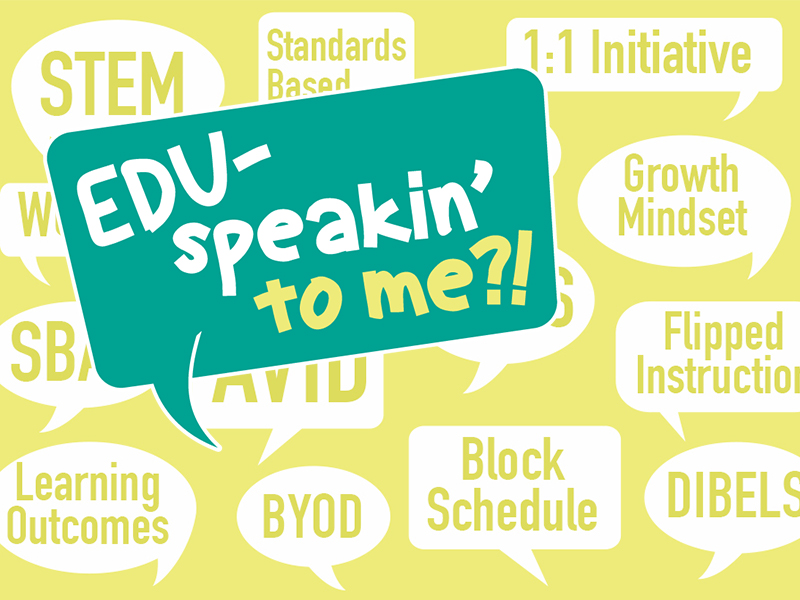
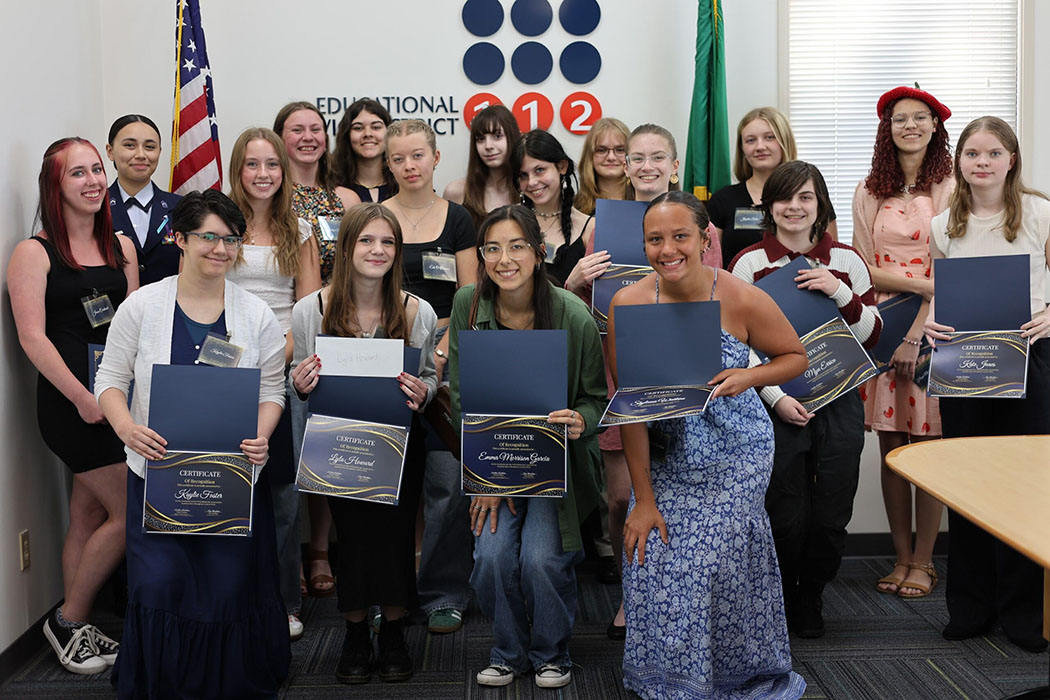
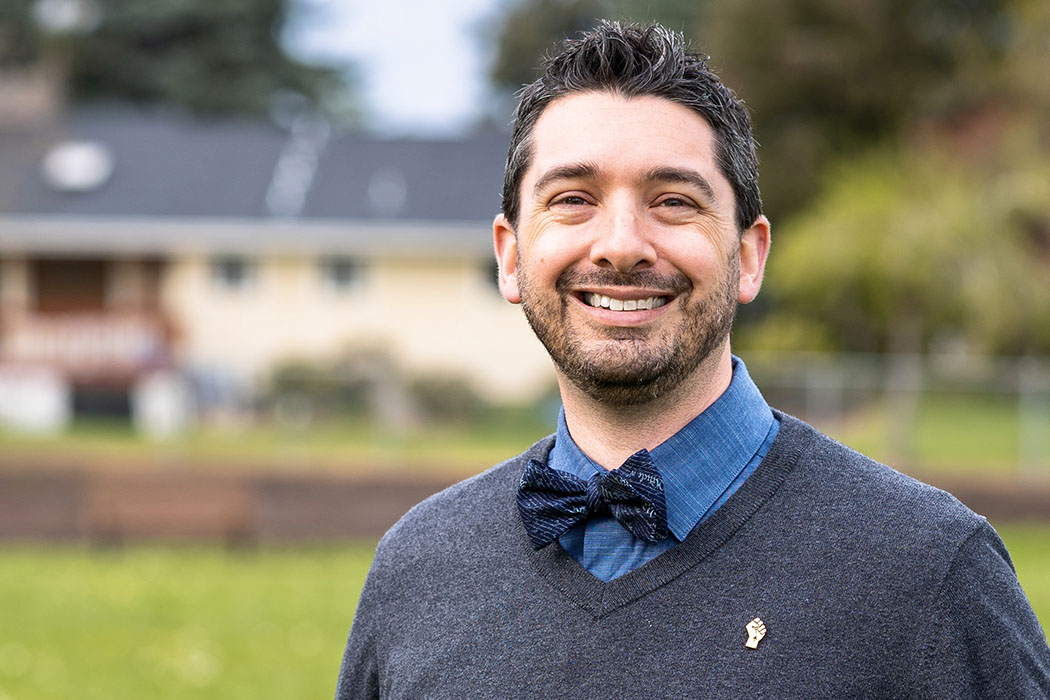
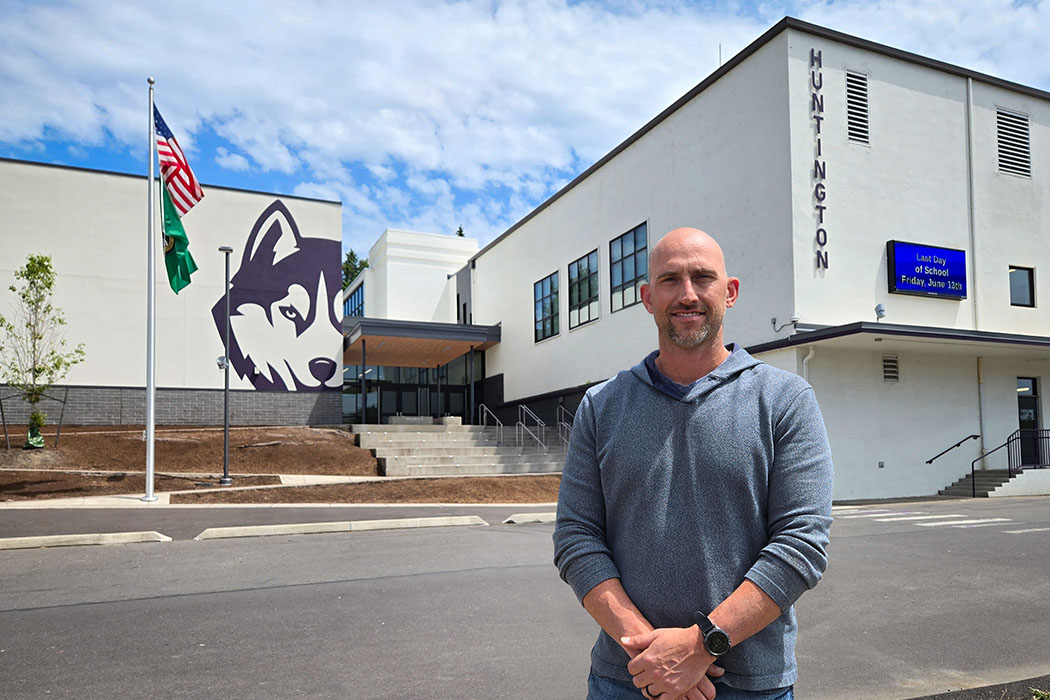
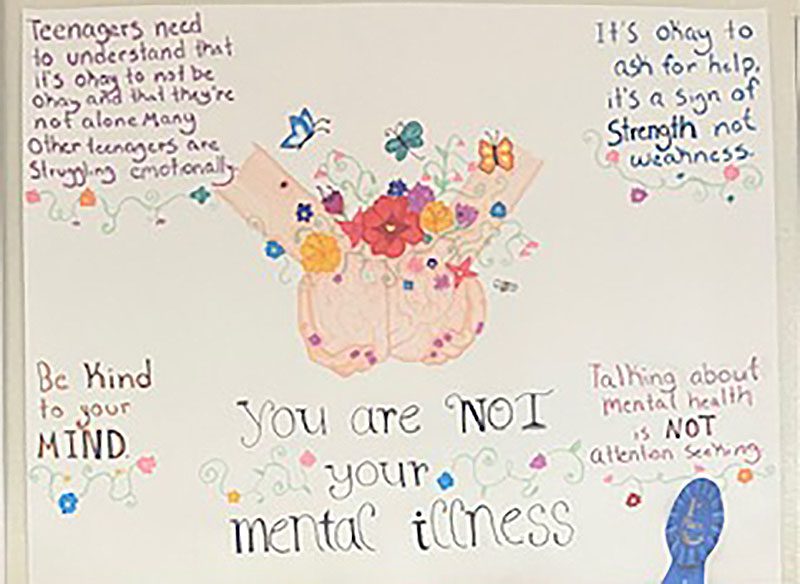
 ESD 112 equalizes educational opportunities for learning communities through innovative partnerships, responsive leadership, and exceptional programs.
ESD 112 equalizes educational opportunities for learning communities through innovative partnerships, responsive leadership, and exceptional programs.